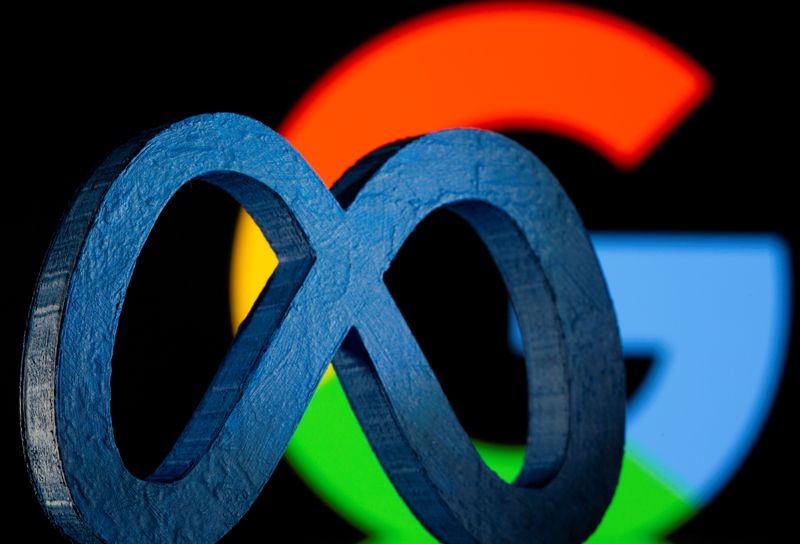KUALA LUMPUR (Reuters) -An Asian industry group that includes Google (NASDAQ:GOOGL), Meta (NASDAQ:META) and X urged Malaysia in an open letter to pause a plan that will require social media services to apply for a license, citing a lack of clarity over the proposed regulations.
However, the letter from the Asia Internet Coalition (AIC) was removed from its website late Monday, and the group did not immediately respond to Reuters' requests for an explanation.
Grab, a member of the coalition, said in a separate statement it had not been informed or consulted about the letter, adding that the government's plan did not impact on its operations.
In July, Malaysia's communications regulator said social media platforms with more than eight million users in the country would be required to apply for a license from this month as part of a drive to combat cybercrime.
Legal action could be taken against the platforms if they failed to do so by Jan. 1, 2025, the regulator said.
In the letter dated Friday and addressed to Malaysian Prime Minister Anwar Ibrahim, the AIC - whose members also include Apple Inc (NASDAQ:AAPL) and Amazon (NASDAQ:AMZN) - said the proposed licensing regime was "unworkable" for the industry and could stifle innovation by placing undue burdens on businesses.
The group said there had been no formal public consultations on the plan, leading to industry uncertainty regarding the scope of obligations to be imposed on social media platforms.
"No platform can be expected to register under these conditions," AIC Managing Director Jeff Paine wrote in the letter posted on the group's website.
Malaysia's communications ministry declined to comment on the letter. The prime minister's office did not respond to a request for comment.
The AIC also expressed concern that the proposed regulations could hamper Malaysia's growing digital economy, which has attracted significant investments this year.

The group said it shared the government's commitment to addressing online harms, but the proposed implementation timeline left the industry with insufficient clarity and time to assess its implications.
The government reported a sharp increase in harmful social media content earlier this year and urged social media firms, including Meta and short video platform TikTok, to step up monitoring on their platforms.